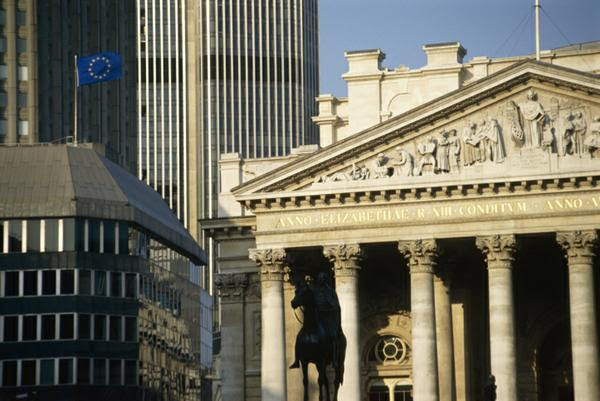By Ryan Turbyfill, MBA Financial Advisor
Just as we got some traction with a taste of market recovery in early 2023, the market volatility is back, especially the week of March 6, 2023.
Early in the week of March 6, Federal Reserve Chairman, Jerome Powell spoke before the Senate Banking Committee. He stated “The latest economic data have come in stronger than expected, which suggests that the ultimate level of interest rates is likely to be higher than previously anticipated.” This caused the stock market to start selling off once again with fears of even higher interest rates than expected. The bond market held up remarkably well however.
We are in odd times in that strong economic data cause the stock market to drop, but all eyes are almost solely focused on the Federal Reserve. Stronger economic data may give a runway for the Federal Reserve to hike interest rates higher than previously thought to bring down inflation.
If that wasn’t bad enough, the news of the week was Silicon Valley Bank. This bank was a big lender to many of the technology start up companies based in the San Francisco area. There were very little tech start ups that went public last year and many of those companies had difficulty in raising funds in the down-market last year. The banks financial health struggled as many of their borrowers struggled with the tech slowdown and SBV had collateral of non-liquid, tech company stock. This caused SVB to state on 8th of March that they were selling $2.25 billion worth of their stock raise needed cash. This caused the stock to fall 60% on March 9th and was down another 63% on Friday the 10th before the market opened. Well, the stock never traded Friday, the company tried to sell itself to no avail as of this writing and the regulators have now taken over the bank.
We’ve heard the banking sector is so much stronger and resilient after the 2008/2009 financial crisis, so what happened? I would say that there were two big issues. The first being that the bank had a non-diversified client base as most were many start up tech companies with no profits and large cash needs. The second was management in my opinion. After the financial crisis, there are a lot tighter regulations and requirements for more of a reserve in the bank’s coffers. Well, SVB had a lot of their money in longer term/maturity Treasury bonds. These bonds are very safe, however the longer maturities are especially sensitive to interest rates. As tech companies continued to withdraw needed funds from the bank, the bank started to be forced to liquidate some of those treasury bonds they had planned to hold to maturity. Normally no big deal, however with the steep increase in interest rates in 2022, many long duration bonds (20+ year maturities) were down 31.4%. SVB was forced to take the losses when they sold these, taking almost a hit of third of the value upon forced selling. Then the likes of Peter Thiel and other highly respected venture capitalists in Silicon Valley saw the troubles brewing and advised the companies in their portfolios to pull funds from SVB which caused panic and the crisis.
So, what effect does this weeks events have on the market going forward, both the possibility of the Federal Reserve raising rates higher than we thought and the failure of Silicon Valley Bank? On the raising rates, this is something we have been making adjustments to for well over the past 12 months and will continue to do so as data supports changes. The failure of SBV, we feel is somewhat isolated. However, companies like streaming company, Roku had 26% of it’s cash, $487million at SVB. Will this cause Roku to fail, probably not; a small biotech company operating at huge losses that had lots of cash at SBV, maybe…. However with a company like Roku, they most likely will get some of their $487million back as regulators took over SVB, but may take some time.
Also, we have looked closely at the bank stocks clients hold, looking at their exposure and even seeing what long-term treasuries they have on their books and what is the likely hood they would be forced to sell a sizeable amount at a large discount.
The news of SBV is concerning with all else going on, but most banks are still well capitalized. For credit unions, the NCUA and banks, the FDIC, insure deposits up to $250,000. Paying attention to those limits and reach out if over those amounts and we can help on how to navigate the limits. As far as the overall market goes, this is something we are closely watching along with other market and economic news and we will continue to make adjustments as needed.
Thank you again for trusting Capstone Investment Financial Group, especially during these volatile times. We take this responsibility seriously as fiduciaries for all of our clients.
*This is not deemed as tax or legal advice.
*For history of past holdings, email info@capstoneinvest.com

